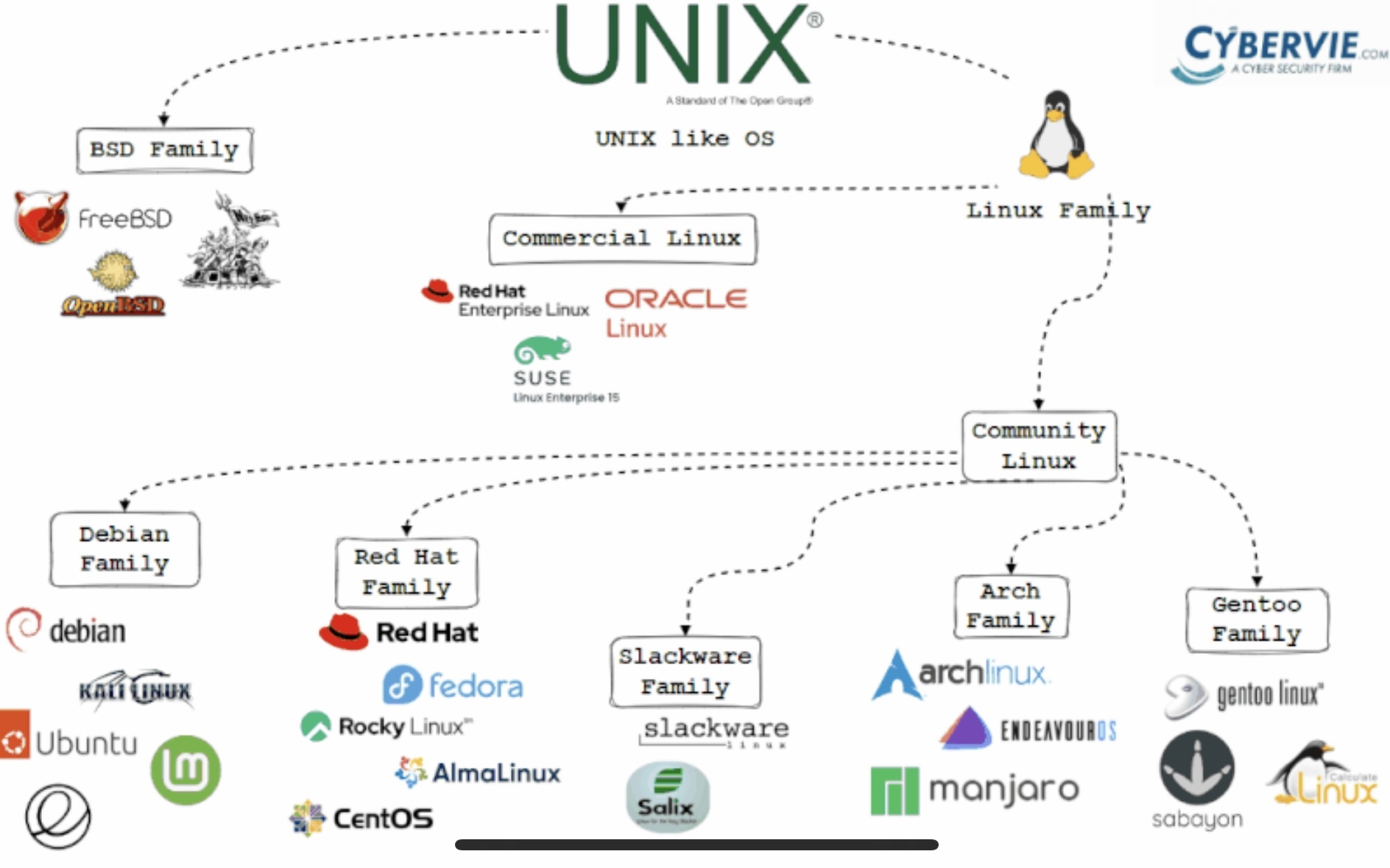Non paywalled article: https://archive.is/2BltD
They can’t close the source code as long as they use the Linux kernel, right? Besides, Android is popular among other companies because they can customize part of it as they see fit.
This change isn’t really that drastic, because Android never really followed the open source way of doing things. The article even explains that this won’t change much even for ROM developers, since they’re not creating releases based on “work in progress” branches.
Really the only difference is that Google will spare the work of merging two separate branches often and solving conflicts that might as well be turning into a nightmare as the code base has grown.
Here’s a nice pic that make you feel less “lost” about how some popular distributions relate to each other:

Yeah, saying “most GitHub users can’t live without a commercial entity” is such a nonsense. GitHub is successful while it works well. The moment it doesn’t, there will be other services.
Yeah, I guess the idea of VSCode isn’t to be a “ready to use” IDE, but to be configurable — which it is.
The main thing that makes it popular nowadays is the ecosystem of plugins around it. Ex: when Copilot was released, I believe the VSCode plugin was the best one.
Also many frameworks docs have instructions on how to use it with VSCode and which plugins to install, such as some web frameworks and Flutter.
They didn’t even bother to do a gradual rollout, like even small apps do.
The level of company-wide incompetence is astounding, but considering how organizations work and disregard technical people’s concerns, I’m never surprised when these things happen. It’s a social problem more than a technical one.
I think it’s a valid news to spread here.
You’re definitely not alone. If this happens and it becomes some major news in the community with reasonable visibility, I’m sure many people would support this.
Benchmarks should be like a scientific paper: they should describe all the choices made and why for the configurations. At least that will show if the people doing it really understand what they’re comparing.
That’s a well designed compiler.
Node frameworks are famous for this purely because of a lack of standard library. I feel like most languages have a standard library that balance being generic but still providing utilities of common used stuff. So a company that doesn’t want to rely on a random guy’s library can build their own with only the features they want. But with Node, any complicated feature is using a tree of hundreds of random packages that you have no idea who created them.
When the scene is open to the public, you can already know it's all a theater.